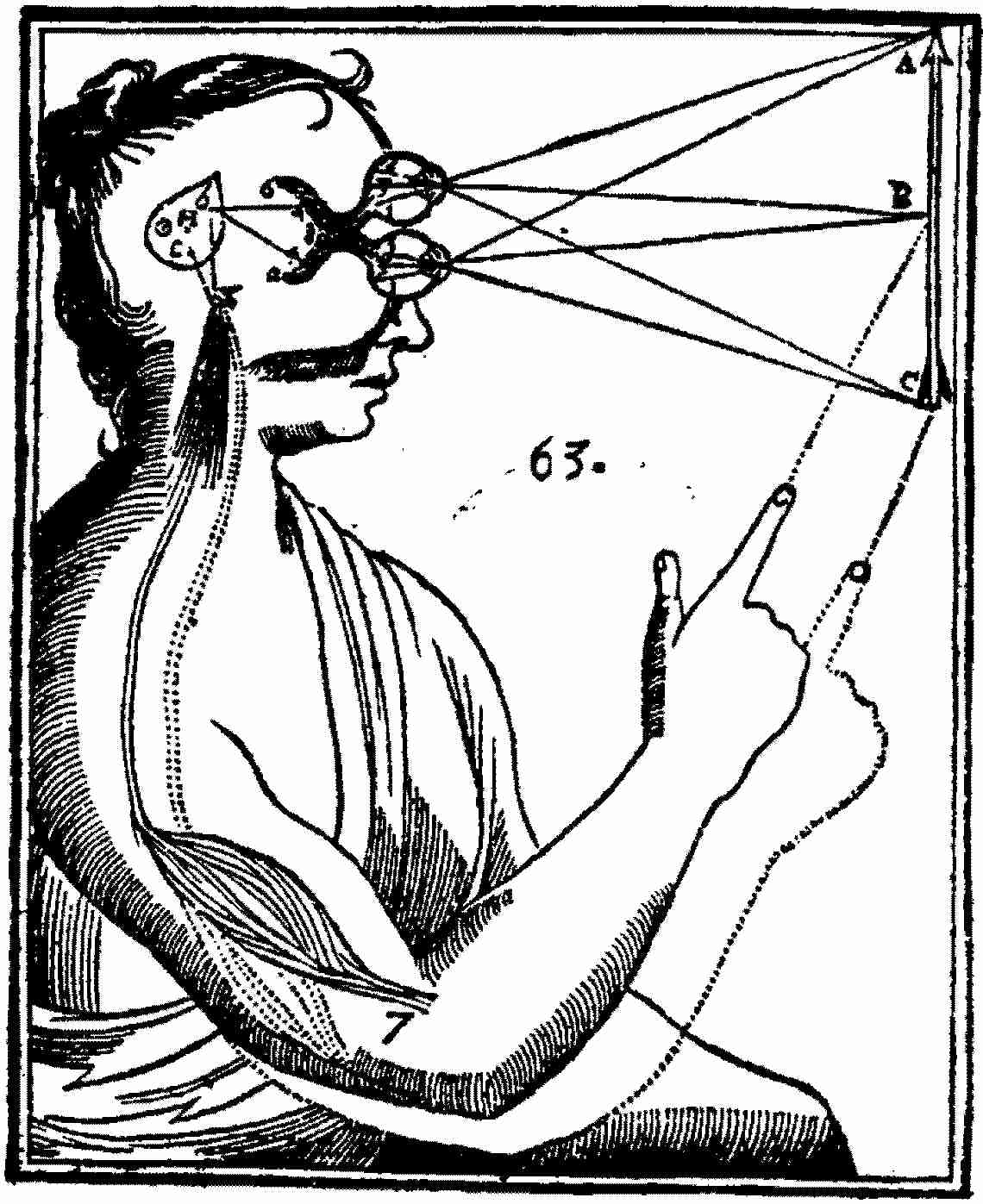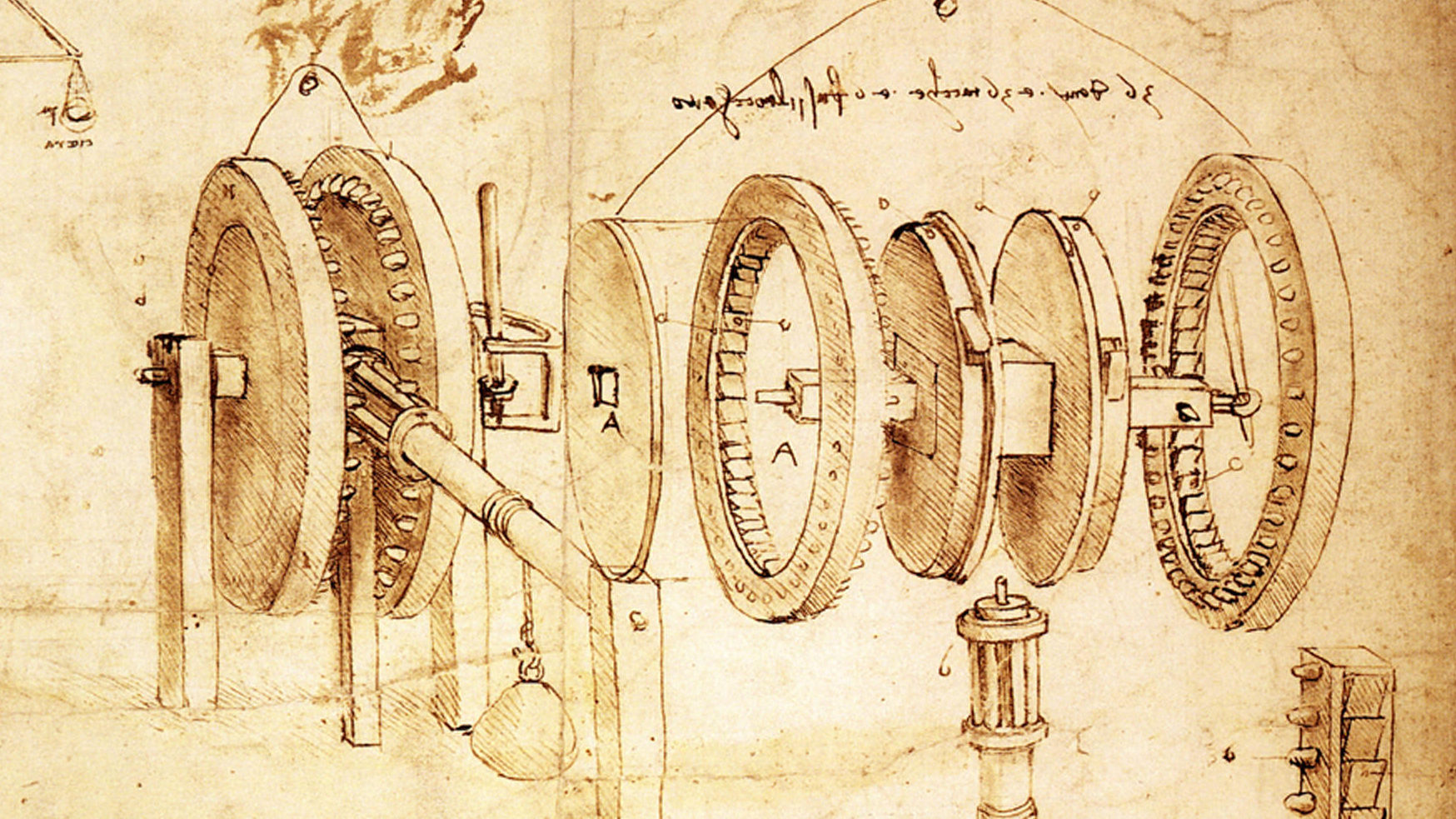Conference “The Mechanization of the Natural World 1300-1700”
25-28 May 2023, Stockholm University (Frescati Campus)
Mechanism or mechanical philosophy as defended by philosophers like Thomas Hobbes, René Descartes and Pierre Gassendi, offering a general picture of how the physical world is to be explained, is often seen as a replacement and rival to Aristotelianism. This general picture was, according to standard historical accounts, to dominate physical theory from the 1630’s up to the middle of the 18th century. There are two prominent aspects to the development of mechanical philosophy in the 17th century, namely the notion of matter, substrate or body underlying change and the laws of motion governing change. The mechanistic philosophers argued for a passive and material, atomist or corpuscular, view of matter and they aimed to formulate scientific laws that capture the efficient causal relations between these material parts.
Like many conceptual shifts in the history of philosophy, detachment from the Aristotelian framework was in many respects the final result of a gradual evolution in the way nature and natural processes were explained. The conference “The Mechanization of the Natural World 1300-1700”, hosted by Stockholm University, will explore the idea that mechanism or mechanical philosophy was not just an invention of the 17th century, but that its source can be traced to the mid-14th century. The early 14th century including William of Ockham and John Buridan are fairly well-studied, but the time period in the scholastic tradition between 1350 and 1600 is very little known and much work remains to be done on the development of new ideas and concepts during this period.
The conference will address how the gradual emergence of mechanical philosophy arose across the time period from the mid-1300 to the late-1600 out of the interactions between different themes like (1) the conception of causal powers, (2) new theories of matter and (3) change in the conception of causality and the rejection of final causes. The aim of the conference is to display the richness and unity of the period 1300–1700 in the light of what has come to be called mechanism or mechanical philosophy.
Possible topics include (but are not restricted to):
– The emergence of the concept of mechanism or mechanical philosophy
– The gradual integration of mechanics into the framework of Aristotelianism in the targeted period
– The epistemological roles of machines before the Scientific Revolution
– Changes in the definition of nature during the selected period
– Changes in the conception of causal powers
– Relations between causal powers and the laws of nature
– Evolutions of theories of motion
– The role of new theories of matter and quantity in the rise of mechanical philosophy
– Relations between Aristotelianism and corpuscular theories of matter
– Transformations of the concept of causality and explanation in the targeted period
– Evolution of theories of final cause
Invited speakers:
Zvi Biener (University of Cincinnati)
Deborah Brown (University of Queensland)
Helen Hattab (University of Houston) – keynote
Mattia Mantovani (KU Leuven)
Calvin Normore (UCLA)
Robert Pasnau (University of Colorado Boulder)
Dominik Perler (Humboldt-Universität Berlin) – tbc
Nicola Polloni (KU Leuven)
Stathis Psillos (University Athens) – keynote
Sophie Roux (ENS, Paris) – tbc
The conference will take place on 25–28 May 2023 at Stockholm University. Interested participants should send their proposal (short abstract and title) to [email protected] by 31 January 2023.
Priority will be given to proposals about the still understudied period 1400–1600.
Early career researchers and members of all underrepresented groups are especially encouraged to apply.
Acceptance of the proposals will be announced by 15 February 2023. Please contact the organizers for any query you might have.


